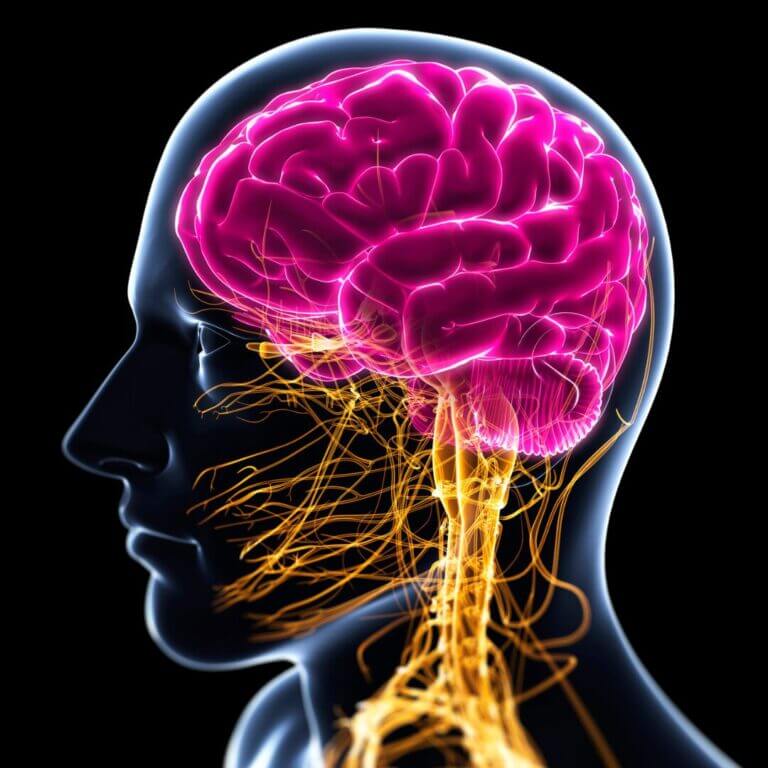Hallucinogens are psychoactive substances used for the purpose of experiencing mind-altering sensations. In many cases, these substances are sought out to enhance the sensory experience in a music event, party or club setting.
Individuals who regularly use these substances may not be aware of the damaging effects of hallucinogens on the brain. In fact, serious long-term effects of these substances may include persistent psychosis and/or hallucinogen persisting perception disorder (HPPD). Read on to learn more about the dangers of hallucinogens to the brain.
What are hallucinogens?
Hallucinogens are substances that cause the individual to experience thought distortions and/or dissociative effects. Individuals under the influence of these substances experience an altered perception of reality. This can come in the form of visual or auditory hallucinations — seeing or hearing things that are not really there.
Some hallucinogens are of natural origin, such as D-lysergic acid diethylamide (LSD), psilocybin, peyote and even THC. For centuries, indigenous peoples have used these naturally occurring hallucinogens derived from plants and mushrooms in religious rituals or other practices.
In recent decades, synthetic hallucinogens, such as MDMA, phencyclidine (PHP) or ketamine, have been formulated, increasing the number of these potent substances. From the LSD trend in the sixties to the current popularity of “designer drugs,” hallucinogens continue to be sought out and used by younger individuals in their quest to experience a psychedelic “trip.”
Effects of hallucinogens
While the effects of hallucinogens differ depending on the substance, the most common effects include:
- Altered perception of time
- Hallucinations
- Cognitive impairment
- Intensified emotions and response to sensory input
- Paranoia
- Delirium
- Detachment from reality
- Detachment from the body
- Agitation
- Fear
- Violent behaviors
- Flashbacks
- Disordered thoughts
- Mental confusion
- Impaired judgment
- Intense mood swings
The unpredictable nature of hallucinogenic drugs makes them very dangerous to use. Additionally, hallucinogens are commonly combined with marijuana and alcohol, enhancing this unpredictability and increasing the chances of adverse effects such as risk of overdose.
5 ways hallucinogens impact the brain
The study of hallucinogenic substances is ongoing, with much still unknown. What we do know is that hallucinogens cause their mind-altering effects by disrupting how neurotransmitters work in the brain. This can lead to several impairments, including:
- Interference with brain circuits: Hallucinogenic substances block the neural circuits that use serotonin. This can cause sensory perceptions to decline and lead to delusions, nightmares and hallucinations.
- Disruption of prefrontal cortex functioning: The prefrontal cortex is where executive brain functions occur. Hallucinogens interfere with these and cause cognition to decline.
- Disturbance of glutamate levels: The brain chemical glutamate helps us regulate emotions and perceptions. By interfering with glutamate levels, hallucinogens cause dissociative effects.
- Potential for persistent psychosis: This is a type of long-term mental disorder that causes paranoia, sudden mood shifts, disorganized thoughts and visual disturbances.
- Hallucinogen Persisting Perception Disorder: HPPD is a recurrent state of experiencing flashbacks, hallucinations or visual disturbances. They may occur soon after using the substance, or a year later.
Hallucinogens are dangerous substances with unpredictable effects. The hallucinations and paranoia can lead to impulsive actions and sometimes deadly outcomes. If you or someone you care about is using hallucinogens, do not hesitate to seek support and guidance.
Ashley Addiction Treatment, formerly Father Martin’s Ashley, is a nationally recognized nonprofit leader in integrated, evidence-based treatment for substance use disorders. Our programs are accredited by The Joint Commission, and result in frequent publications of ongoing research into effective treatment methodologies. We offer holistic care that encompasses the mind, body and spirit through inpatient and outpatient treatment, provide drug detox, relapse prevention plans, family wellness programs and a variety of other services tailored to each patient’s unique needs. Our driving principle — “everything for recovery” — reinforces our mission to transform and save lives through the science of medicine, the art of therapy and the compassion of spirituality, and is complemented by our philosophy of healing with respect and dignity. For information about our comprehensive programs, please call (866) 313-6307.

